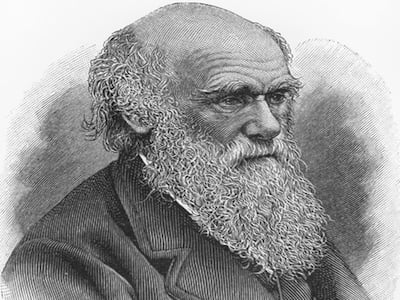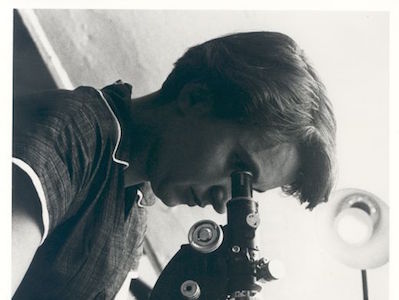We’ve all been there…the experiment didn’t work for the 87th time, and the feeling of dread and impostor syndrome surrounds the mind as the seminar or thesis committee meeting looms. It’s easy to dwell on everything that isn’t working right at that moment, but there are scientific discoveries to be made, and someone has to do it, and it might as well be you! That’s easier said than done, but with the proper support mechanisms and some confidence boosts, your goals will be achievable.
One of the first things my K-12 science teachers taught me was to write a formal laboratory report. While comparatively crude, the basic structure of the middle/high school lab report is similar to what you might see in an article you read in Cell or Science. I've helped write numerous grant applications and journal articles as well as my own dissertation, and I even helped teach a course at the University of Chicago that emphasized grant writing, so I've been intimately familiar with how the process goes. Additionally, as various lecturers have told me, a good scientist is also a good storyteller, so it made sense that their message stayed with me all these years because they told very good stories about their work that were embedded into my memories (and my memory is honestly not that good). I thought I'd take this time to help you all develop your writing structure and consider how best to deliver your message, whether it is in your own grant application, a new journal article submission to present your findings to the world, or a speaking engagement that, well, keeps the audience of your very well-informed peers engaged!
Being perpetually busy has become a status symbol in academia –and it’s counterproductive.
In this day and age, we are trained to believe that the more you work, the more you get done, and the further ahead you get. In academia, researchers place a lot of pressure on themselves to work around the clock. Whether it’s experiments, teaching, papers, or grants, it seems like there’s always more to be done. Consequently, the lack of work-life balance, work-induced stress, and burnout has become a pervasive problem in academia.
When I began my science journey as an undergrad, research seemed rigorous, but reassuringly straightforward in its tenets. Observe, question, hypothesize. Predict, test, analyze. And repeat. It made perfect sense to me that if you followed this protocol and remained unbiased in the process, great discoveries were sure to come.
But then I learned about the other steps in between. Steps like grant-writing, worrying about publishing and impact factors, getting your mentor to actually respond, and struggling to troubleshoot experiments. Twitter’s PhD community seems to relate.






